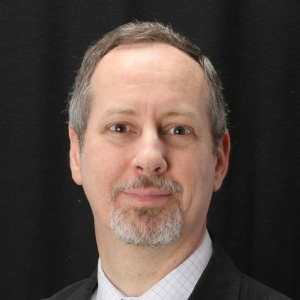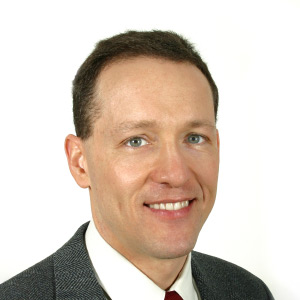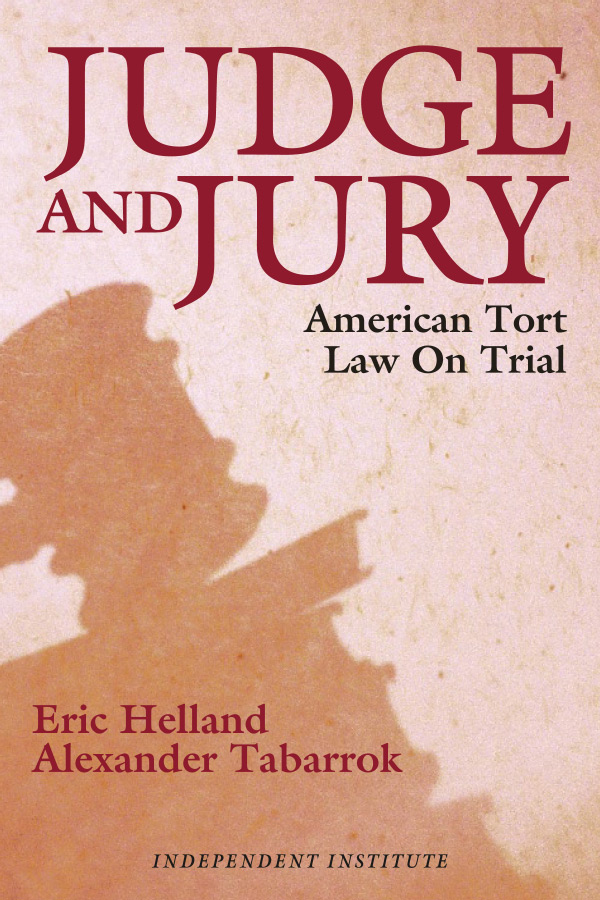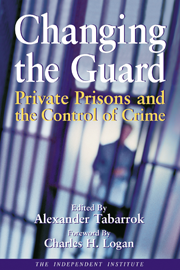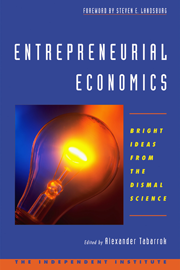Economist Mark McClellan was unanimously confirmed by the U.S. Senate to become the new commissioner of the Food and Drug Administration. Formerly a member of President Bush’s Council of Economic Advisors, McClellan as FDA chief will be in a position to reform FDA policy in light of economic understanding.
Congress gave the FDA power over the drug market to make sure that only safe and effective drugs are sold. Sounds warm and soothing, but economists have a professional responsibility to recognize what Nobel laureate economist Douglas North calls the terrible trade-offs. In fulfilling that responsibility, economists usually become, as George Stigler put it, pourers of cold water.
Numerous economists have studied “the world’s premier consumer protection regulatory agency” (as the FDA calls itself on its Web site). When these economists express judgment, they always say that the FDA is too restrictive.
In trying to eliminate bad drugs, the FDA prevents or delays many good drugs from reaching Americans. Sam Peltzman was one of the first economists to do the grisly math. His work shows that lives saved by FDA restrictions are few compared with the lives that would be saved by drugs that would be available if the FDA weren’t blocking the way.
Economist Dale Gieringer examined the relatively laissez-faire period before 1962 and tabulated all the drug catastrophes. He shows that despite all the folklore about snake oil, serious catastrophes were few and far between, the worst being the 107 people killed in 1937 from Elixir Sulfanilimide (the chemist used a poisonous solvent, and subsequently committed suicide).
Terrible things do happen in the free market. But how terrible, and how often? Reinforcing Peltzman, Gieringer showed that the bad cases are few compared with the mortality and morbidity caused by FDA restrictions. For example, the FDA’s delay of beta-blockers caused at least 50,000 premature American deaths. There are many cases of death by delay, and probably many more cases of death by never-developed drugs because the FDA made getting permission too expensive and too uncertain. (The Tufts Center for the Study of Drug Development estimates that, on average, it costs $800 million to bring a drug to market.)
Economists recognize that bureaucrats respond to incentives. In deciding a new drug application, the FDA official might err by permitting a bad drug. If he does, a child might become gravely ill from the side effects of the new drug. Television reporters show the poor child languishing in a hospital bed. Viewers see and share in the suffering. When the child dies, people blame the FDA official who signed off on the unsafe drug. Shouldn’t he have known better?
But the other error is failing to permit a beneficial drug. If a child suffers from a disease that could be cured by a drug not yet permitted by the FDA, it is unlikely that the child’s parents or doctors would even be aware of that fact. When the child dies because a drug is not available or never even developed, no reporters are present. The death is quietly regarded as an unavoidable tragedy. If anyone knows of new therapies awaiting the FDA’s permission, and asks whether the child might have been saved, the FDA responds that such therapies are “experimental” and “unproven.” And that’s that.
Sensitive to these incentives, and never quite sure whether a drug is safe, the bureaucrat responds accordingly.
Economists like to ask interminably: “And what would happen next?” When the FDA is stingy in giving permission, drug development is stunted, and there is no automatic correction mechanism. This is quite unlike the automatic correction that occurs when bad drugs are released onto the market.
Economist Robert Higgs has published lengthy studies of the FDA regulation of medical devices. He finds: “Americans would be better off with drastic curtailment, ideally the complete abolition of the current regulatory regime.” Another Nobel laureate economist, Milton Friedman, concludes on the basis of these and other studies: “The FDA has already done enormous harm to the health of the American public by greatly increasing the costs of pharmaceutical research, thereby reducing the supply of new and effective drugs.”
The FDA also restricts what drug makers can say about their products. Economists John Calfee and Paul Rubin have led the way in showing how the FDA’s efforts to protect consumers from misleading information have often delayed consumer awareness of opportunities to improve their health. Calfee concludes: “The evidence is very strong that the FDA suppresses a great deal of useful information. Experience from related markets in this nation and abroad also strongly indicates that informational competition involving drugs and devices is likely to work well, and that the pharmaceutical market does not pose unique problems that make it unsuitable for traditional competitive dynamics.”
Rubin adds that if the FDA significantly liberalized commercial speech, “the results will be greatly improved health of consumers and reduced prices of pharmaceuticals.”
Economist Murray Weidenbaum put it this way: “Warts and all, the competitive marketplace is the best protector of consumers.”
We have created a Web site — FDAReview.org — that includes a compendium of 17 different expressions of judgment by economists, all speaking for liberalization. No economist who has studied the FDA comes to a contrary conclusion.
How has the FDA responded to economists’ findings? It hasn’t. It just ignores economists. On the FDA’s Web site there is a bibliography of more than 50 works on the FDA, only one by an economist: Peter Temin’s tepidly critical history of the FDA.
Also on the FDA’s Web site is a puff piece entitled, “Science at FDA: The Key to Making the Right Decision,” boasting of all the microbiologists and pharmacologists employed by the FDA. Yet the FDA is in the business not of practicing medicine or doing scientific research but of making public policy. As such, the science most relevant to its decisions is not medicine or pharmacology but political economy. Making economist Mark McClellan the chief of the FDA promises to bring economics to the FDA — the real scientific key to making the right decisions.
The FDA Needs a Big Dose of Economics
Also published in Providence Journal
Alexander T. Tabarrok is Senior Fellow at the Independent Institute, Assistant Editor of The Independent Review, and Associate Professor of Economics at George Mason University.
Daniel B. Klein is a Research Fellow at the Independent Institute and Professor of Economics at George Mason University.
Comments
Before posting, please read our Comment Policy.

